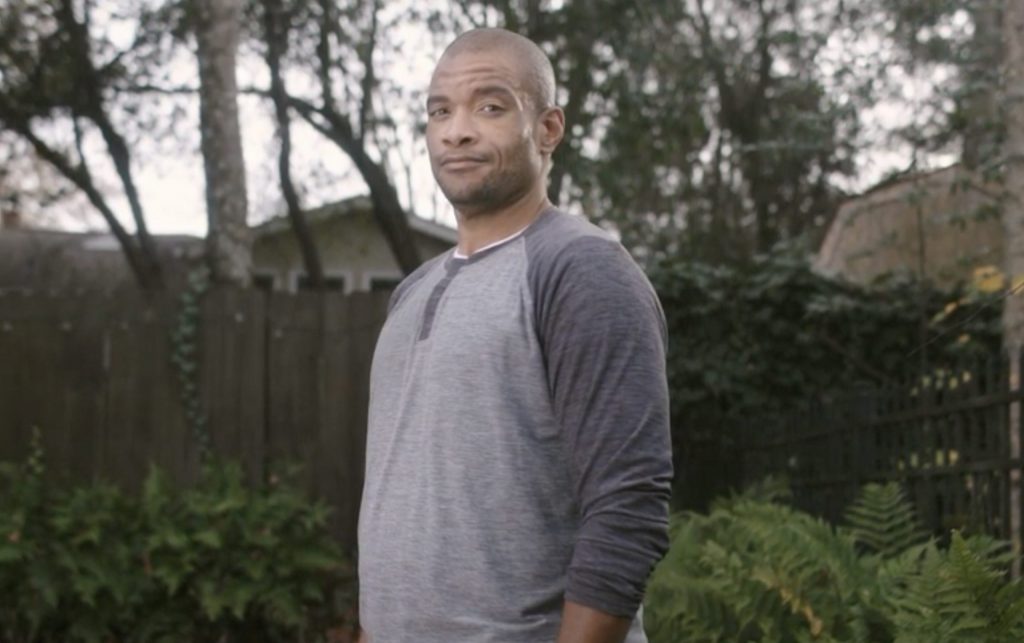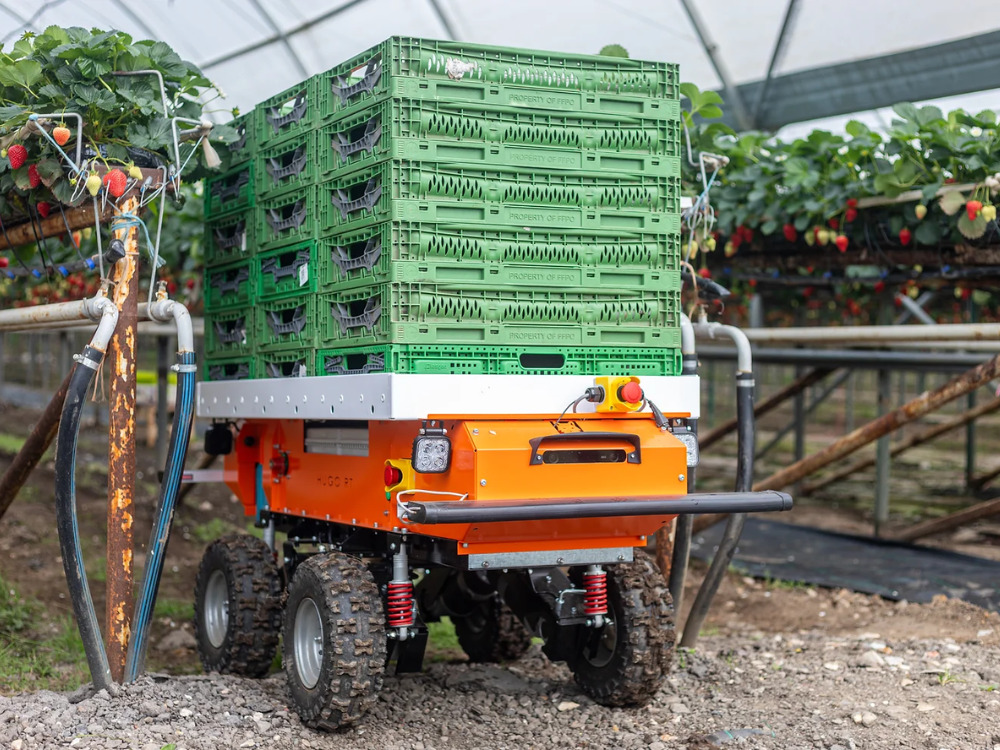April 15, 2022 – A first-of-its-kind test that detects coronavirus in the breath can produce results in less than 3 minutes, but the real-world impact could be limited.
The test, from InspectIR Systems, produces results faster than the 15 minutes needed for existing COVID-19 rapid tests – and represents a leap forward in testing technology.
The FDA granted emergency use authorization on Thursday for the test, which will be available in licensed settings. But the COVID-19 breath test is not meant for home use.
That’s one reason why the impacts of the test may be limited, says William Schaffner, MD. The manufacturer says it can produce about 100 testing instruments a week, and “it’s not as though they are producing 10,000,” he says.
Also, the capacity is limited – each testing system can evaluate 160 breath samples per day.
“So this can’t be used at a concert or a big ball game or something like that,” says Schaffner, a professor of medicine at Vanderbilt University Medical Center in Nashville.
It is more likely the COVID-19 breath test will be used in “an average doctor’s office or clinic … a circumstance where the capacity of the machine would be appropriate.”
New Technology
“Today’s authorization is yet another example of the rapid innovation occurring with diagnostic tests for COVID-19,” Jeff Shuren, MD, director of the FDA’s Center for Devices and Radiological Health, stated in a news release.
“The FDA continues to support the development of novel COVID-19 tests with the goal of advancing technologies that can help address the current pandemic and better position the U.S. for the next public health emergency,” he said.
The new technology is “fascinating,” Schaffner says. “It’s another advance diagnostically. There are some very clever people out there making better vaccines, therapeutic agents, and diagnostic tests.”
The breath test was evaluated in a study with 2,409 people, including people with and without COVID-19 symptoms.
The test accurately identified 91.2% of positive samples and 99.3% of negative samples, so it is very sensitive and specific.
A negative result means people are likely truly negative, because the test had a 99.6% negative predictive value, the FDA notes. People who test positive should consider using a lab test to confirm the result. In a separate study specific to the Omicron variant, the test’s performance was similar.
The research that led to the EUA “certainly appears very rigorous,” Schaffner says.
Unanswered Questions
“How much training does it actually take for somebody to run this?” Schaffner asked.
Someone licensed for testing is needed to supervise the testing – which is why this is not a home test – as well as a technician trained and skilled to run the test and interpret the results.
Schaffner added: “We’ll just have to see how well it actually works in the real world.”
It remains unknown how much the breath test will cost, whether insurance is likely to cover any or all the cost, and when the test will likely be available in hospitals, doctors’ offices, or mobile testing sites. Inquiries to the manufacturer were not answered by publication time.





